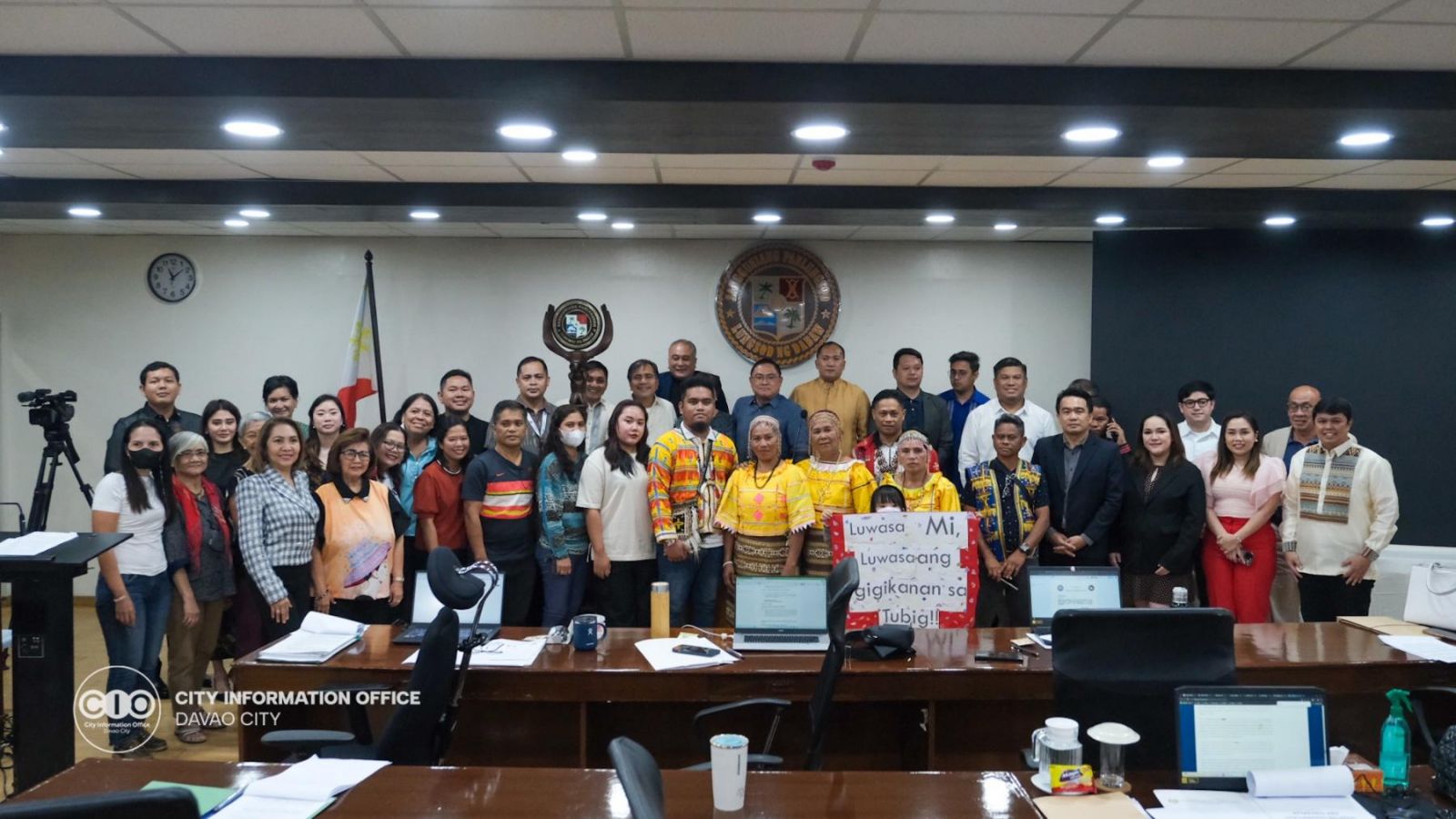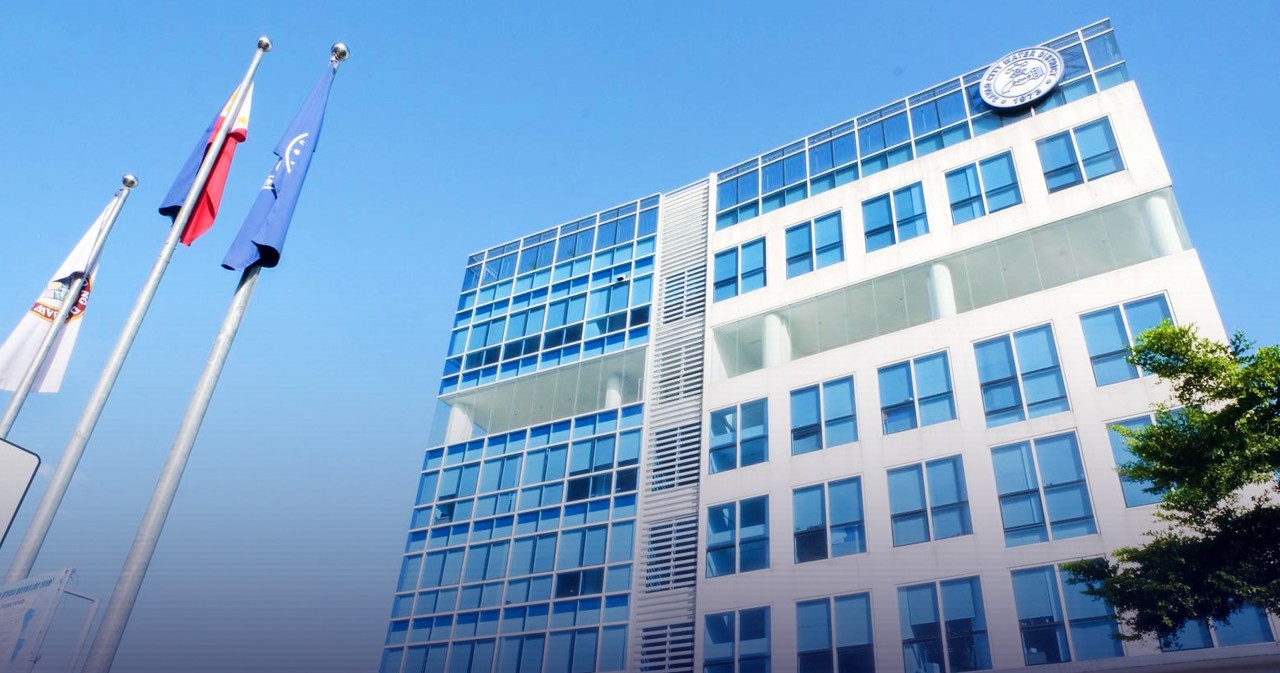The 20th City Council on Tuesday’s regular session approved the first reading of the Payment for Ecological Services (PES) ordinance in a move to further protect and conserve the Tamugan-Panigan Watershed.
The ordinance was proposed by Councilor Pilar Braga in celebration of the World Environment Day on Wednesday, June 5.
In her privileged speech, Braga reiterated the local government’s commitment to sustainability and the conservation of the city’s natural resources. To aid in this endeavor, the councilor introduced the PES program as an equitable and localized carbon offsetting scheme.
“PES is a system where beneficiaries of ecological services compensate those who manage and protect these resources. It’s an innovative approach that recognizes the invaluable services provided by our ecosystems, such as clean water, air, and biodiversity, and ensures their preservation for the future,” she said.
The scheme is founded on five key principles, the first of which is the ‘Recognition of Indigenous Stewardship’. This means the vital role of the indigenous communities, particularly the Ovu Manuvu, and their traditional knowledge and practices that serve to protect the Tamugan-Panigan Watershed are formally acknowledged.
The other principles refer to sustainable resource management, equitable benefit sharing, community participation and empowerment, and financial mechanisms for conservation.
Braga said the PES “will generate sustainable funding for conservation, restoration, and management initiatives with our watersheds, financed by those who directly benefit from these ecological services.”
According to Braga, the scheme, once passed, will be another landmark legislation in the country.
“By pioneering this ordinance, Davao City sets a precedent for other LGUs, showcasing our commitment to recognizing and valuing the essential services provided by our ecosystems,” the councilor said.
She also enjoined the public to support local measures to protect the environment, particularly measures that aim to protect the Tamugan-Panigan water system which perpetuates the city’s water supply.
“As we benefit its clean water, fertile soil, and biodiversity, we must also recognize our responsibility to protect and restore this vital ecosystem. By doing so, we ensure that it continues to provide for us and future generations,” she added. CIO




